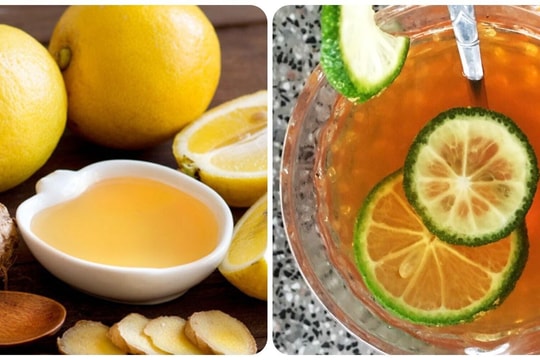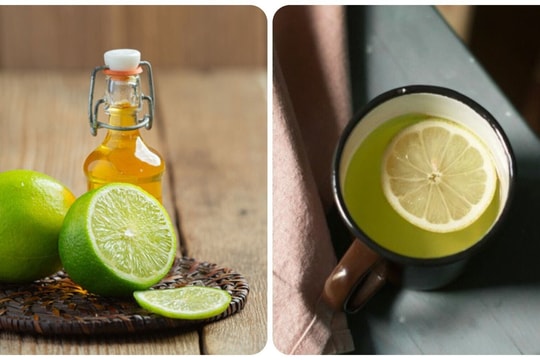The surprising truth about seemingly harmless lemon slices
A survey by American scientists shows that lemon slices in restaurants are very susceptible to bacteria.
 |
A 2007 study published in the journalEnvironmental Healthtested 76 lemon slices in 21 restaurants for bacteria and the results were startling. Nearly 70% of the lemon slices contained bacteria, viruses, and other microbes—including E. coli. Although lemons are a natural antibacterial, they can still be contaminated.
According to another ABC investigation, tests of lemon slices at 10 different restaurants showed that up to half contained human waste.
Lemon slices are more likely to be contaminated with bacteria than the food on the plate because restaurant hygiene standards place less emphasis on garnishes.
An ABC investigation found that restaurant staff often picked up lemon slices with their bare hands instead of wearing gloves or using tongs. If they didn’t wash their hands, the lemon would likely be contaminated.
Fortunately, however, even if contaminated, these lemon slices are unlikely to cause illness to the user.
The scientists who conducted the 2007 study admitted that no illnesses were caused by lemon slices, and that still holds true today.
Leading microbiologist Dr. Philip Tierno, head of the ABC investigation, said: Your immune system will protect you from diseases related to lemon juice.
“Usually there is no infection, although there is a possibility,” Dr. Tierno, a microbiologist and pathologist at NYU Langone Medical Center, told the Huffington Post.
So if you’re worried, just ask the restaurant not to put lemon slices in your water or soda. And if you like the taste of lemon, make a glass of real lemonade.
According to Dantri
| RELATED NEWS |
|---|





